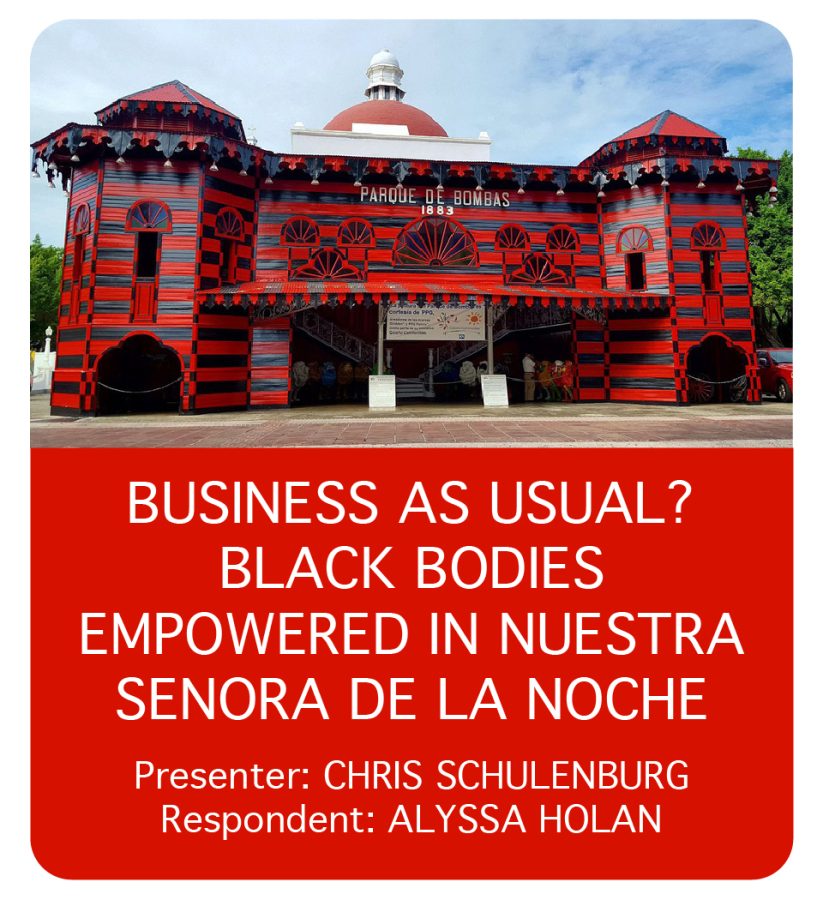LAE Forum: Struggles of Women in Latin America
In continuation from last week’s piece on the LAE Forum that occurred on March 2 focusing on views of body image in Latin America…
Profesora Alyssa Holan responded with a perspective of Spain.
In the 1930s, Spain began to loosen its social views on women. In 1932, divorce was legalized and abortion was legalized in 1936. Short hair and less strict clothing became more acceptable. Then, the Franco dictatorship flipped the script.
“Dictator Francisco Franco resubscribes gender norms to Spain,” Profesora Holan said.
“El ángel del hogar” a cultural icon at the time, was a well-groomed woman. Women became partners to males with no other purpose.
Females were dismissed from jobs after marriage, as their job then was to produce as many children as possible. ‘Las familias numerosas’ received a monetary prize for having big families. Ojeda Artiles had 21 children.
The law of Blood Revenge, which was in effect between 1943 until 1964, allowed for husbands to commit violence against their wives when found cheating. In the 1970s, adultery cases gave five years in prison for women if they “cheated” on their husbands.
However, Spain has gone forward past the misogyny and has become more progressive in their laws surrounding women’s rights. In 2023, Spain has paid menstrual leave, being the first country in Europe to do so.
In a painting done by Ouka Leele, “Menina Liberada,” a woman is jumping out of a painting depicting the secondary place of women. Not only is the woman jumping out of the painting itself, but she is also breaking free from the ideas represented by it.
“I see her transgressing dimension. She now has mobility and power,” Profesora Holan explained. The body in the painting emanates control that women have over themselves.
Not only were female bodies historically oppressed, but specifically the Spanish gitanas, meaning ‘gypsies,’ the Roma people. In the 15th century, Roma people came over from Northwest India to Spain and surrounding areas and their bodies have been sexualized ever since.
The perception of ‘las gitanas’ was that they moved seductively and were untamed. Francisco Franco deemed ‘el pueblo gitano’ as thieving and dangerous to society, enacted 238 anti-Roma laws and began the ‘Great Gypsy round up’ of 9000-12000 gitanos in his attempts to unify Spain.
Profesora Holan closed with some relevant statistics in Spain. Each year there are 300 cases of Roma hate. Despite all of the hate “el pueblo gitano” has received, the undervalued Roma women have become educators of their bodies and are instilling power to their daughters. The daughters are completing high school, a key to socioeconomic success, and “el pueblo gitano” is healing from their tortured past.
There was a question and answer time after Profesora Holan’s speech. Both Schulenburg and Holan were asked questions and the audience was encouraged to discuss the topics with the presenters.
The following are direct comments from Dr. Schulenburg and Profesora Holan about the LAE Forum: Profesora Holan dijo, “Me alegra que tantos miembros de nuestra universidad pudieran asistir a nuestra charla. El foro de LAE es un evento fantástico ya que ofrece la oportunidad de compartir labores de investigación con toda la comunidad universitaria.”
I am happy that so many members of our university can attend our talk. The LAE forum is a fantastic event that offers the opportunity to share our investigation with the whole university community.
“A mí me encanta el Foro de la Facultad porque nos permite compartir nuestras ideas públicamente con los estudiantes de todas las especializaciones. Por eso, las preguntas son diversas y los enfoques de la audiencia son diferentes que nuestras conferencias profesionales. A la vez, me encantó oír reflexiones peninsulares de la Profesora Holan, ella siempre contribuye aportes fascinantes e intelectuales. En fin, es un evento único en que yo participé seis veces y no puedo esperar mi próximo turno. ¡Viva el Foro de LAE!” Profe Schulenburg añadió.
For me, I love the LAE forum because it permits us to share our ideas publicly with students of all different majors. Therefore, the questions are diverse and the focuses of the audience are different than our professional conferences. At the same time, I love to hear the reflections of Profesora Holan, she always contributes fascinating and intellectual contributions. Finally, it is a unique event in that I participated six times and I can not want until my next turn. Long live the Forum de LAE!




